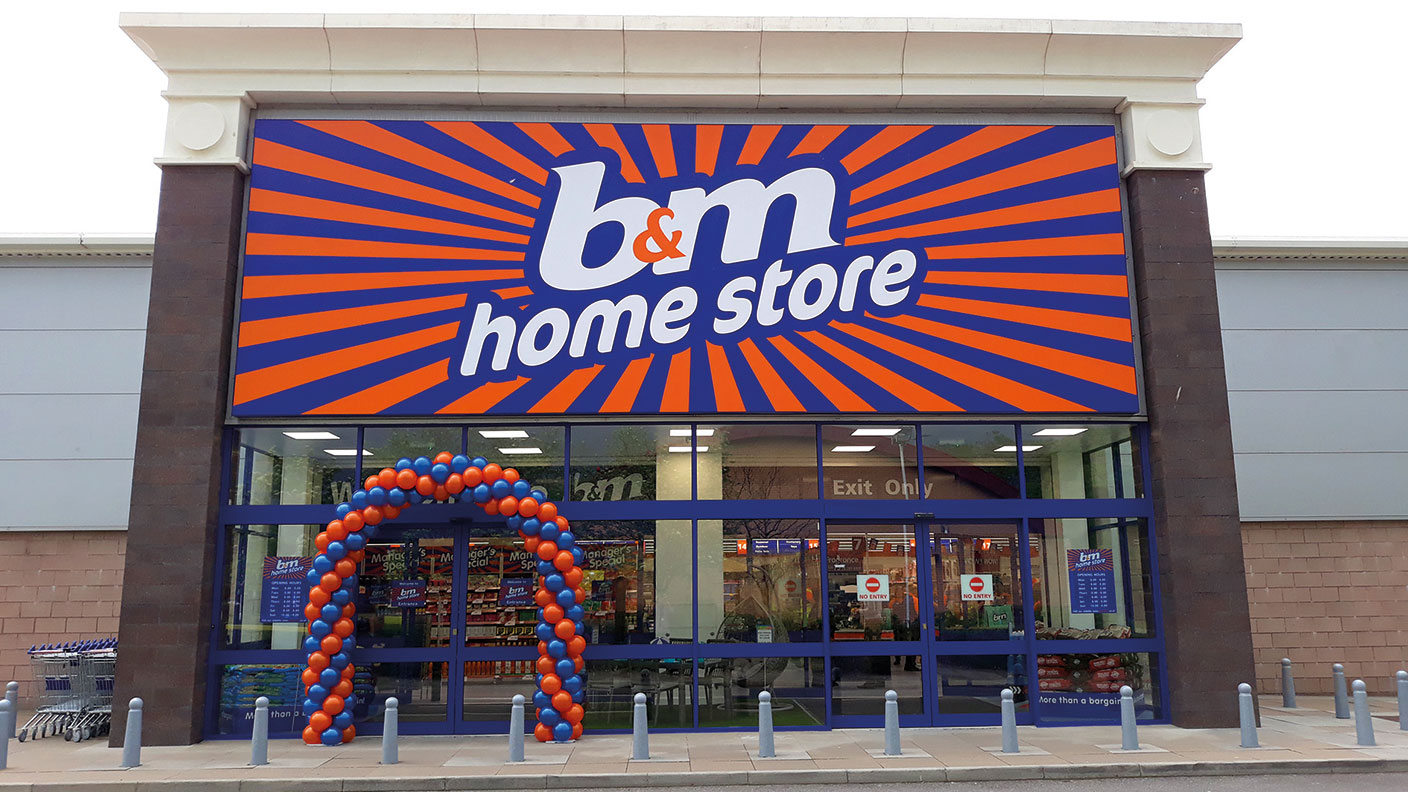The business rates bust-up as retailers hand back cash
Supermarkets and other stores that had come under fire for accepting a business-rates holiday have given the money back. Matthew Partridge reports


Get the latest financial news, insights and expert analysis from our award-winning MoneyWeek team, to help you understand what really matters when it comes to your finances.
You are now subscribed
Your newsletter sign-up was successful
Want to add more newsletters?

Twice daily
MoneyWeek
Get the latest financial news, insights and expert analysis from our award-winning MoneyWeek team, to help you understand what really matters when it comes to your finances.

Four times a week
Look After My Bills
Sign up to our free money-saving newsletter, filled with the latest news and expert advice to help you find the best tips and deals for managing your bills. Start saving today!
Until last week UK supermarkets had behaved like “brothers in arms”, says Sam Chambers in The Sunday Times. They “uniformly” rebuffed calls to return the “contentious £2bn-plus tax windfall” that they had received from the Treasury’s 12-month business rates holiday, “despite continuing to pay dividends”. However, last week Tesco declared that it would return the £585m it had been given. This triggered a “domino effect”, with Morrisons, Sainsbury’s, and B&M following suit.
Despite most of the supermarkets now pretending that they have been considering returning the cash “for some time”, it was only Tesco’s action that forced their hand, says Ben Marlow in The Daily Telegraph. Even Tesco doesn’t really deserve any praise since its decision came as a result of a “fierce and sustained” public backlash.
Of course, the supermarkets maintain that “massive uncertainty” combined with the fact that they were open during the pandemic in “difficult circumstances” justified the subsidy. However, the tax break was clearly intended for retailers and firms forced to close their doors.
MoneyWeek
Subscribe to MoneyWeek today and get your first six magazine issues absolutely FREE

Sign up to Money Morning
Don't miss the latest investment and personal finances news, market analysis, plus money-saving tips with our free twice-daily newsletter
Don't miss the latest investment and personal finances news, market analysis, plus money-saving tips with our free twice-daily newsletter
An essential furniture and toys retailer
Probably the most “gratuitously undeserved” handout, however, went to B&M, says Nils Pratley in The Guardian. It sells some food, so it qualified as an “essential retailer” and stayed open, but its shelves are mostly filled with “toys, games, furniture, stationery and rugs”. With most of its non-food competitors “ruled offside”, B&M had the “freedom of the inessential pitch”, so it reported “a 30% improvement in like-for-like sales in a six-month period” and a “near-doubling of top-line profits to £296m”. The decision to give B&M £38m of relief on rates looks “obscene”.
As for Tesco, its decision to break ranks wasn’t as generous as it might appear, says Bryce Elder in the Financial Times. While Tesco received the most in absolute terms, the support mattered more to J Sainsbury, whose Argos chain was classed as non-essential. The amount that Sainsbury has had to return “equates to nearly 10% of its market value, versus less than 3% for Tesco”. A cynic might conclude that Tesco’s motivations “have an element of game theory”, in that it has “invited mutual harm from which it expects to suffer the least”.
Meanwhile, you can see why John Lewis, which owns Waitrose, is “breaking with the supermarket pack to cling to tens of millions of pounds of pandemic tax relief”, says Christopher Williams in The Sunday Telegraph.
Under “massive financial pressure”, the group has borrowed £300m from the Bank of England’s emergency loans scheme, taken out £150m in new bank loans and sold Waitrose property for £135m. John Lewis’ financial problems underline the fact that the post-pandemic high street “will be a... poorer and less diverse place”.
Get the latest financial news, insights and expert analysis from our award-winning MoneyWeek team, to help you understand what really matters when it comes to your finances.

-
 Average UK house price reaches £300,000 for first time, Halifax says
Average UK house price reaches £300,000 for first time, Halifax saysWhile the average house price has topped £300k, regional disparities still remain, Halifax finds.
-
 Barings Emerging Europe trust bounces back from Russia woes
Barings Emerging Europe trust bounces back from Russia woesBarings Emerging Europe trust has added the Middle East and Africa to its mandate, delivering a strong recovery, says Max King
-
 Barings Emerging Europe trust bounces back from Russia woes
Barings Emerging Europe trust bounces back from Russia woesBarings Emerging Europe trust has added the Middle East and Africa to its mandate, delivering a strong recovery, says Max King
-
 How a dovish Federal Reserve could affect you
How a dovish Federal Reserve could affect youTrump’s pick for the US Federal Reserve is not so much of a yes-man as his rival, but interest rates will still come down quickly, says Cris Sholto Heaton
-
 Three companies with deep economic moats to buy now
Three companies with deep economic moats to buy nowOpinion An economic moat can underpin a company's future returns. Here, Imran Sattar, portfolio manager at Edinburgh Investment Trust, selects three stocks to buy now
-
 Should you sell your Affirm stock?
Should you sell your Affirm stock?Affirm, a buy-now-pay-later lender, is vulnerable to a downturn. Investors are losing their enthusiasm, says Matthew Partridge
-
 Why it might be time to switch your pension strategy
Why it might be time to switch your pension strategyYour pension strategy may need tweaking – with many pension experts now arguing that 75 should be the pivotal age in your retirement planning.
-
 Beeks – building the infrastructure behind global markets
Beeks – building the infrastructure behind global marketsBeeks Financial Cloud has carved out a lucrative global niche in financial plumbing with smart strategies, says Jamie Ward
-
 Saba Capital: the hedge fund doing wonders for shareholder democracy
Saba Capital: the hedge fund doing wonders for shareholder democracyActivist hedge fund Saba Capital isn’t popular, but it has ignited a new age of shareholder engagement, says Rupert Hargreaves
-
 Silver has seen a record streak – will it continue?
Silver has seen a record streak – will it continue?Opinion The outlook for silver remains bullish despite recent huge price rises, says ByteTree’s Charlie Morris